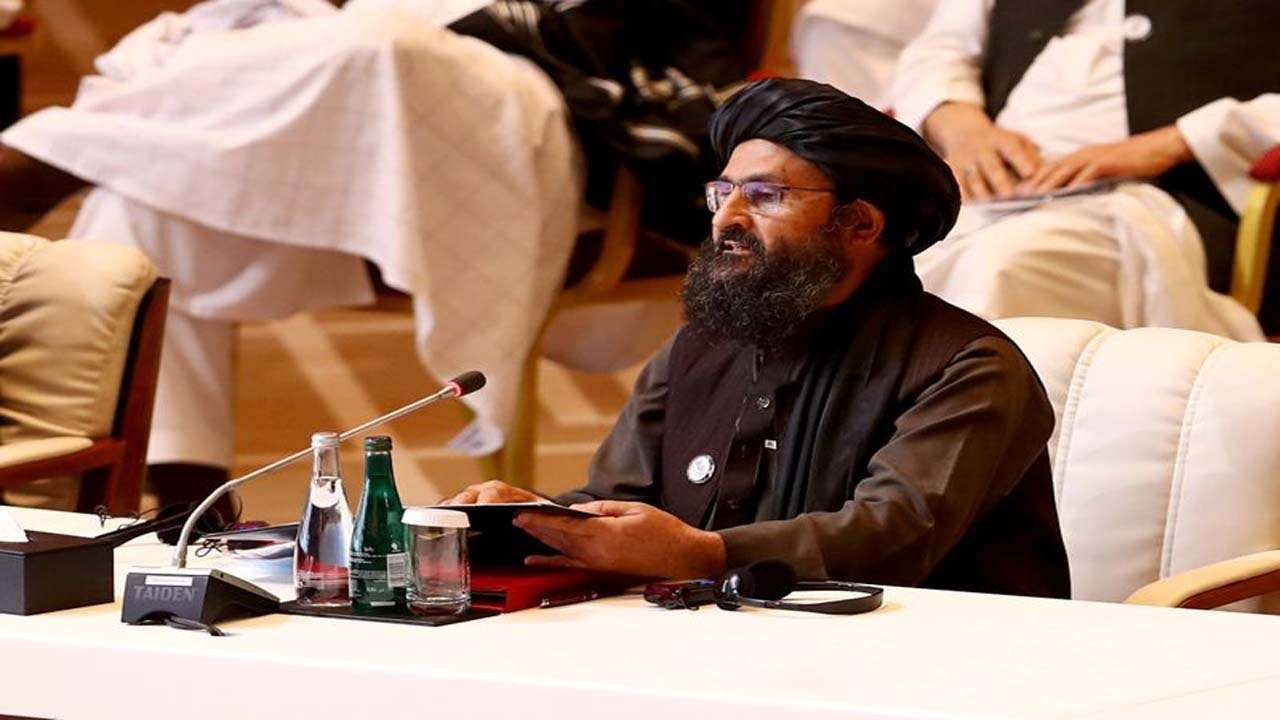The Taliban leader who is considered more moderate has been described as a 'charismatic military leader' and a 'deeply pious figure' by Time magazine.

Deputy Prime Minister of the newly elected Taliban government in Afghanistan and the main negotiator in the Doha peace deal Mullah Abdul Ghani Baradar has been named among the 100 most influential people of 2021 by TIME magazine. Mullah Baradar has been listed as the most influential under the category of leaders which also includes US President Joe Biden and Chinese President Xi Jinping.
Mullah Baradar led the Taliban in negotiations with the US during the peace deal in Doha. In February 2020, when the US Special Representative for Afghan Reconciliation Zalmay Khalilzad officially signed the peace deal in Doha, Baradar was the chief face of the Taliban.
The Taliban leader who is considered more moderate has been described as a 'charismatic military leader' and a 'deeply pious figure' by TIME magazine. Baradar is considered to be a quiet, secretive man who rarely gives public statements.
Mullah Baradar was said to be taking all the major decisions, including the amnesty offered to members of the former regime, the lack of bloodshed when the Taliban entered Kabul and the regime's contacts and visits with neighbouring states, especially China and Pakistan, TIME magazine said.
About Mullah Abdul Ghani Baradar
Mullah Baradar is the co-founder of the Taliban along with Mullah Muhammad Omar, the first Amir.
Mullah Baradar belongs to the Popalzai Pashtun tribe and is among the original members of the Taliban.
Baradar was born into an influential Pushtun tribe of Weetmak village in southern Afghanistan's Uruzgan province in 1968, as per Interpol.
Currently, Mullah Abdul Ghani Baradar heads the Taliban's political office.
His name means 'brother' and was conferred by Mullah Omar himself as a mark of affection.
In his youth, Baradar fought with mujahideen guerrillas against Soviet troops and the Afghan government.
He set up a madrassa in Maiwand, Kandahar with his former commander and brother-in-law Mohammad Omar.
This was after the Russians withdrew in 1989 and the country fell into civil war between rival warlords.
Baradar, a highly effective strategist, was a key architect of the Taliban sweeping to power in 1996.
Baradar held a host of key posts, including that of the deputy minister of defence during the Taliban's first political stint.
Baradar spent eight years in captivity and was released when the Trump Administration started talks with the Taliban in 2018.







No comments:
Post a Comment